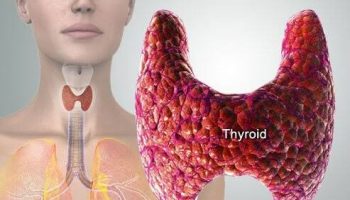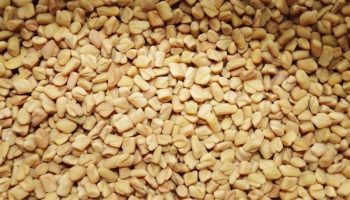SHOULD A PREGNANT WOMAN GO ON A VERY LOW SALT DIET?

Salt is unarguably essential to health, even though some extremist might not agree with this. It is one of the five basic tastes we have receptors for in our mouth (along with sweetness, bitterness, sourness and umami), and it is an important element in the body’s “interior ocean”.
The human body tightly regulates salt concentration because it’s crucial role in supporting chemical reactions that involve enzyme function, energy and hormone production, protein transport and several other biological processes.
In the context of pregnancy, salt is critical for the development of the glial (immune) cells in the brain which maintain homeostatis, form myelin, and provide support and protection for neurones. It also plays an important role in ensuring adequate birth weight, metabolic function and development of the nervous, respiratory and cardiovascular system.
“Salt is especially important to the brain development of premature babies. In premature babies, language, memory, intelligence and coordination were all better in children whose diets had been supplemented with salt shortly after birth”.
A VERY LOW SALT DIET COULD BE DANGEROUS FOR PREGNANT WOMEN
A 2007 study found that babies with low sodium in their blood (due to low salt intakes by their mothers during pregnancy) were more likely to be underweight at birth. Low birth weight is associated with a higher risk of developing several health problems later in life.
Another study found that infants with low sodium intake may experience poor neurological function in early adolescence.
IS SALT REALLY THAT DANGEROUS?
The same way carbs has been demonized, is also same way Salt has been unjustifiably demonized by the mainstream media and medical establishment. So many atimes, health care providers who mean well, but not professional, advice patients to completely take off salt from their diet. The only time this is adviceable is during a very crucial kidney problem where sodium and potassium has to be balanced.
Salt has the highest amount of iodine contained in it when compared to other food sources of iodine. Iodine prevents against hypothyroidism leading to goitre.
So many studies tell us that it has never been proven that salt significantly increases the risk of cardiovascular disease, hypertension or obesity. In fact, in many cases restricting salt intake can actually increase the risk of these conditions. For example, a review of the largest U.S. database of nutrition and health (NHANES) found a higher rate of cardiac events and death with patients on low-salt diets.
“During pregnancy, the demand for daily iodine increases by 50–70% which occurs to reach around 250 μg/day. Limited information is available on the association of high-risk pregnancy (HRP) with urinary iodine concentration (UIC) and variables such as socioeconomic factors”.
According to a study, among the 73% of hypertensive women adhering to a salt-restricted diet, there was a 112% increased risk of iodine deficiency observed (OR = 2.127; 95% confidence interval [1.178–3.829]; p = 0.011). Adhering to a salt-restricted diet was associated with iodine deficiency (OR = 1.82; 95% confidence interval [1.073–3.088], p = 0,026). Hypertension and salt restriction diet significantly increased susceptibility for iodine deficiency in high risk pregnancy. Therefore, low-salt diet when prescribed to pregnant women (PW) might be carefully followed by iodine nutritional status assessment or universal preconception iodine supplementation.
TAKE HOME
This is not a call for you to sprinkle salt till your ancestors say stop!
Its still very important to note that if you’re hypertensive or have a history, or even are vulnerable to pre-eclampsia during pregnancy, then you should adhere to 2300mg of sodium per day which equals 1 teaspoon.
During pregnancy, make sure there are alternative iodine supplements if you would go on a salt restricted diet.
Seek dietary counsel from a Registered Dietitian





